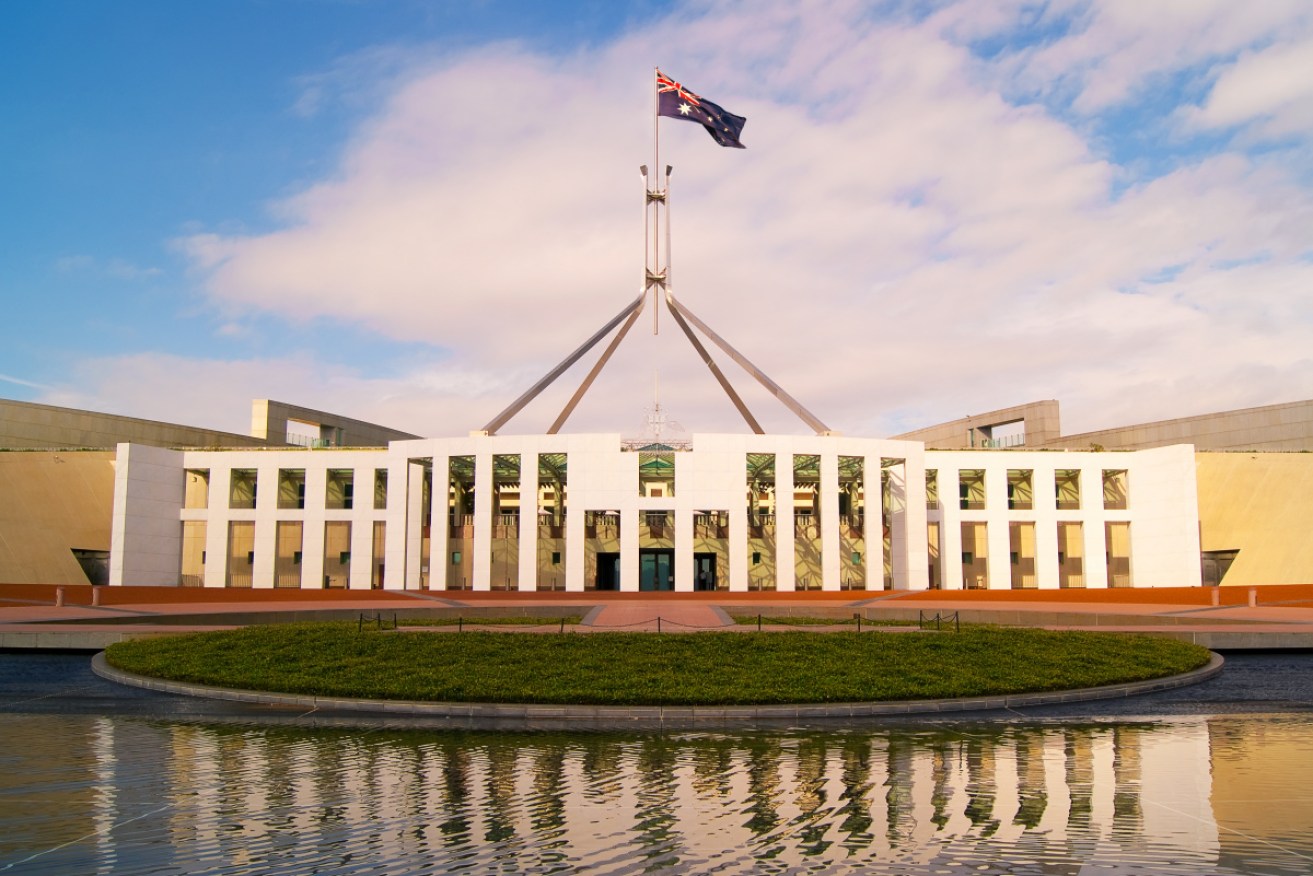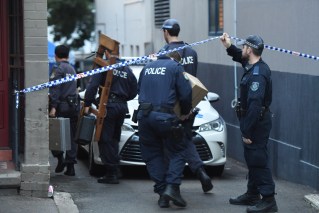Labor’s embarrassment reveals why we need a federal ICAC


Federal resistance to an ICAC was bi-partisan up until the last election. Photo: Getty
Monday was another day of acute embarrassment for the New South Wales Labor party with one of its former state parliamentarians under the hammer at the latest ICAC inquiry.
Ernest Wong was accused of making up his evidence to cover his role in the latest political donations scandal.
You would think the unedifying spectacle of a squirming Labor politician and, earlier, a tearful party boss, would gladden the hearts of their Liberal political opponents.
Indeed, at the state level it surely does after a similar inquiry by the Independent Commission Against Corruption forced ten Liberal MPs – two of them ministers – to quit parliament over breaching the same donation laws.
But there are apprehensions among some federal Liberals.
Their concern, shared by many in the legal fraternity, is based on the “star chamber” aspects of ICAC where naming and shaming in public to find the truth is not constrained by a court’s rules of evidence.

Ernest Wong arrives at the ICAC hearing. Photo: AAP
One MP says “you’re guilty just for being called as a witness”.
This MP, like Attorney-General Christian Porter, says there are already effective checks and balances on the federal government, Parliament and agencies.
Porter referred allegations against Border Force and federal police over Crown casino to the Australian Commission for Law Enforcement Integrity as an example of his claim.
Except this body has no jurisdiction over ministers or Members of Parliament.
Federal resistance to an ICAC was bi-partisan until the last election when Labor broke ranks and came up with a strong model because “the existing federal integrity framework is not sufficient to combat corruption”.
Mr Porter is now promising to deliver the government’s version within months, but it will not be able to hold public hearings or initiate its own inquiries.
On any reading this smacks of a window-dressing cover-up.
Federal Liberal Party president Nick Greiner thinks an anti-corruption commission in Canberra is “by and large a good idea”.
Mr Greiner knows the pitfalls. In 1988, as NSW premier, he established Australia’s first anti-corruption commission based very much on the successful one in Hong Kong.
Mr Greiner was ICAC’s first high-profile victim. It found him “acting contrary to known and recognised standards of honesty and integrity” by offering a lucrative job to a key crossbencher.
The Supreme Court overturned the finding, but he had already quit as premier.
Opposition leader Anthony Albanese has not been deterred by ICAC’s latest pursuit of his state party branch.

Anthony Albanese has not been deterred by the embarrassment. Photo: AAP
He says “the party is in a diabolical situation. This behaviour is completely unacceptable to me”.
Albanese says “it underlines the need to have (a federal) integrity commission”.
Apart from politicians who may be corrupt, the ICAC experience in NSW doesn’t mean inevitable electoral doom for a party whose members and supporters are found to have broken the law for their own benefit.
The Liberals’ Mike Baird won the 2015 NSW state election despite ICAC’s spectacular revelations that also led to the resignation of his predecessor Barry O’Farrell for a “massive memory loss” over a gift from a businessman.
Perhaps it shows voters are satisfied if governments or political parties are seen to have learned from their transgressions – or at least can make a good case that they have.
In the current situation that certainly is a lesson for NSW Labor. But how it could have learned nothing from the imbroglio that engulfed the Liberals a handful of years before indicates a huge shakeout is necessary.
What will further spur this much-needed “cultural shift” is the days of public hearings still to come shining a bright light in the very dark places that have remained hidden.
It is a further insight into why Mr Greiner thinks that “on balance” a federal ICAC is long overdue.
Paul Bongiorno AM is a veteran of the Canberra Press Gallery, with 40 years’ experience covering Australian politics.








